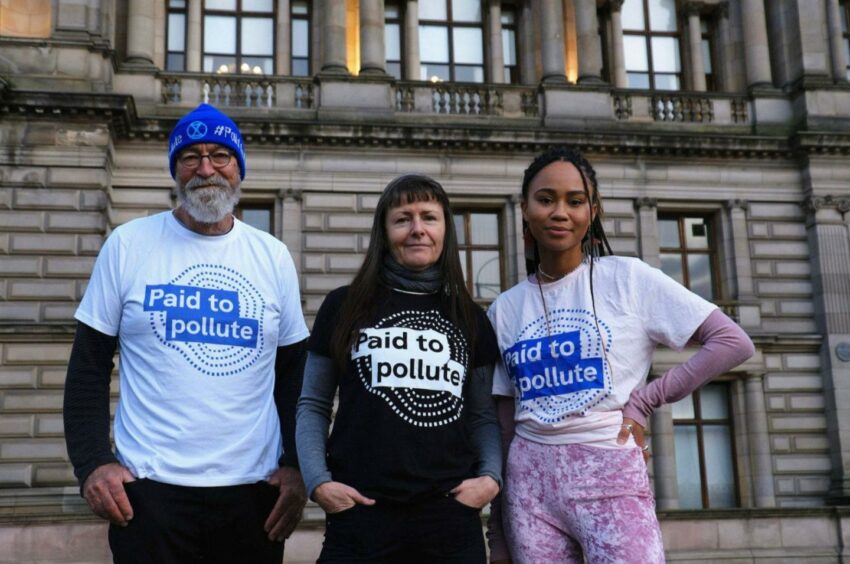
In January the High Court comprehensively rejected arguments brought by three environmental campaigners under the banner “Paid to Pollute” against the OGA Strategy.
That judgement has been reported extensively and I don’t want to talk about the specifics of the campaigners’ arguments but about the principle that members of the public should be able to challenge government where they think that it is failing to meet its legal obligations.
The OGA no doubt had to spend time and money defeating arguments which in the view of the judge were largely misconceived. The staff who were required to give evidence may have felt annoyed at having to take time to appear in court and divert resources to defend the claim. However, lawyers believe strongly in the importance of the rule of law. The rule of law underpins all democracies. It has been defined by the UN as “a principle of governance in which all persons, institutions and entities, public and private, including the State itself, are accountable to laws that are publicly promulgated, equally enforced and independently adjudicated, and which are consistent with international human rights norms and standards.”.
Out of that shopping list of attributes, let’s focus on a couple of key phrases – “the State itself” must be “accountable to the law”. The process of judicial review is the means by which a citizen can ask the court to review the lawfulness of a decision made by a public body to ensure that the State is meeting its own legal obligations, that decisions are rational and lawful, and that the correct procedure was followed. It is critical that campaigners should be able to challenge a government body on its decisions, especially on crucial issues like responding to climate change and other aspects of environmental protection. Without a right of judicial review, the obligation of the Secretary of State in the Climate Change Act 2008 to meet the Net Zero Target could be seen as little more than a political aspiration, to be challenged only in Parliament or at the ballot box.
Despite what some tabloid newspapers may have you believe, the process of judicial review is rarely abused and judges are not regularly overruling Ministers on decisions that are taken properly within the discretion of the government. Although there are occasionally very high-profile and contentious cases, such as those around Brexit, a review of the judicial review process carried out for the government in 2020 did not support the perception that the cost of dealing with judicial review was overwhelming or in any way disproportionate to the value of maintaining “the lawfulness of executive action” nor that it “seriously impeded the proper or effective discharge of central or local government functions”. It did recommend some procedural changes but no fundamental reform.
The judicial review process has two stages – the claimant must first establish that its arguments are sufficiently strong to merit a full hearing so the court has an opportunity to dismiss weak arguments without putting the parties to the costs of a full trial on the merits. It is also important to note that the purpose of judicial review is generally not to substitute the decision of the court for that of the government – the question is not whether the decision taken was the right decision but whether it was within the power of the government department or agency which took it, whether the right procedure was followed, whether the government considered all of the appropriate evidence and criteria and no inappropriate ones when reaching its decision and whether the decision is within the range of decisions that a reasonable person could take given that background. It is a necessary tool to ensure that we are properly and efficiently governed.
We can expect further challenges to government over how it is choosing to implement the obligation to meet the Net Zero target, and possibly more challenges to specific decisions of the OGA, perhaps including developments consents for particular fields. While this may be frustrating for the companies affected by those challenges, it is the price of living in a democracy.
Recommended for you

 © Supplied by CMS
© Supplied by CMS